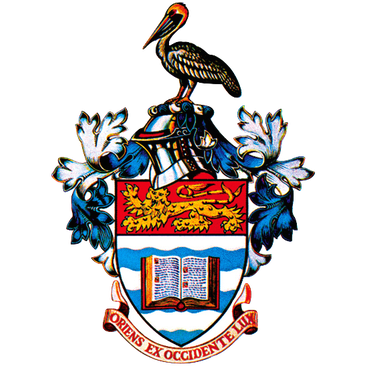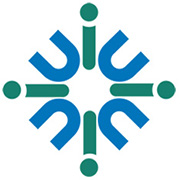📚About the Program
To study Classics means dealing with the people and societies that have shaped Cultures, Languages and Politics in the Western world. Artefacts and texts surviving from ancient Italy, Greece and other “Provinces” of the Roman Empire (Europe, Near East, North Africa) are still substantial and relevant markers in today's physical and cultural landscapes all around Europe and Mediterranean.
The study of Ancient Greek and Latin will allow you to read and understand the voice of the Classical world: poets, historians, dramatists, scientists, mathematicians, architects, lawyers, magistrates, rulers as well as craftsmen, peasants, bakers, masons, men and women in their everyday lives. On the other hand, archaeological tools, procedures and methods will enable you to reveal, perceive, reconstruct and communicate the material complexity of the changing structure of monuments, places and territories. Such a way of being engaged with and looking at Classics will reveal to you the Past as a part of an historical process that influenced and continues to influence our Present. Modern questions and present challenges are the best cultural access point to an “actual” knowledge, interpretation and dissemination of Greek and Roman Culture as a part of common Human Heritage. You will take over the methods of philology, art history, archaeology, law, philosophy and science. All this will provide you all the necessary tools to understand the past and move easily between the two cultures that merged under the insignia of the Roman Empire.
Show less










